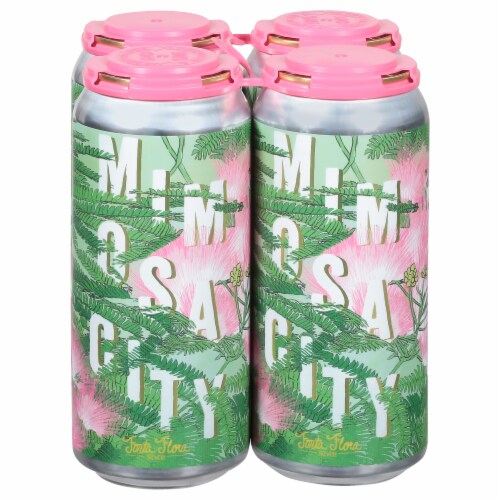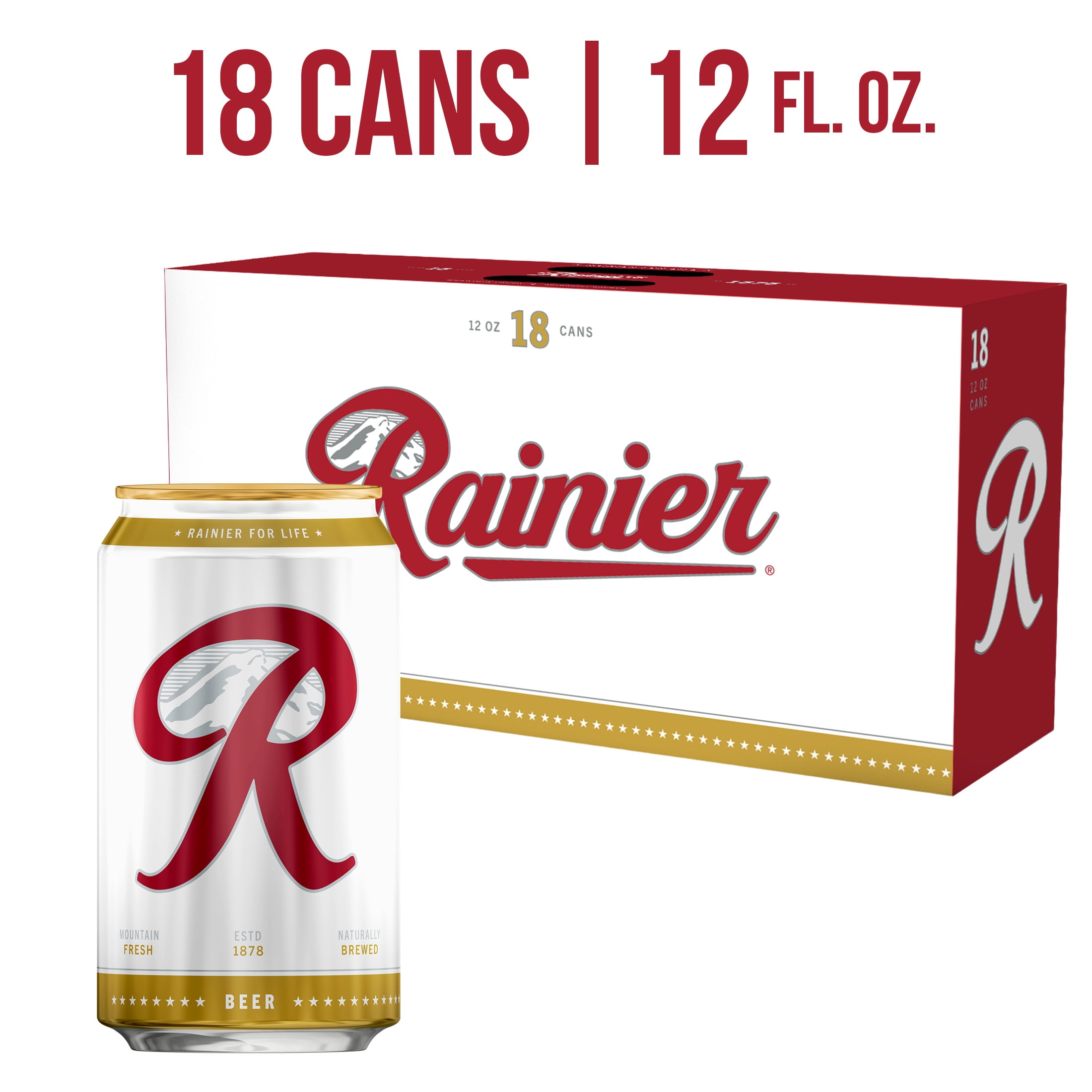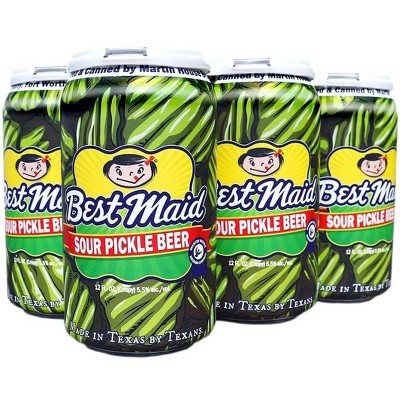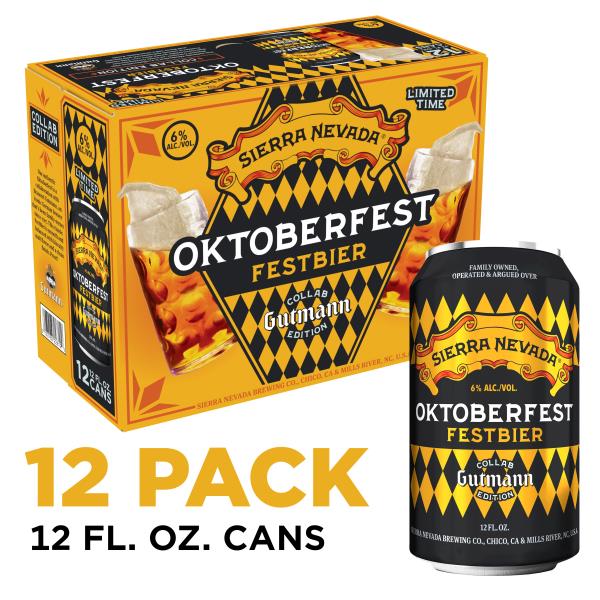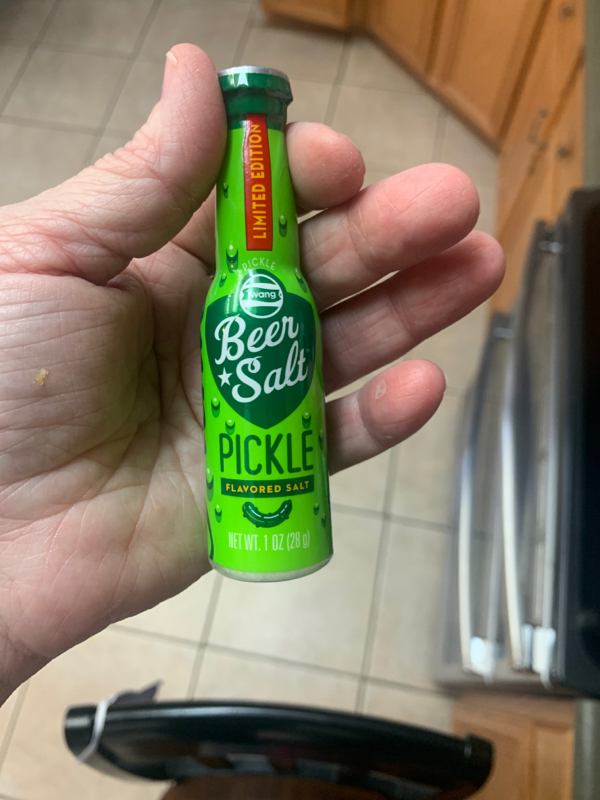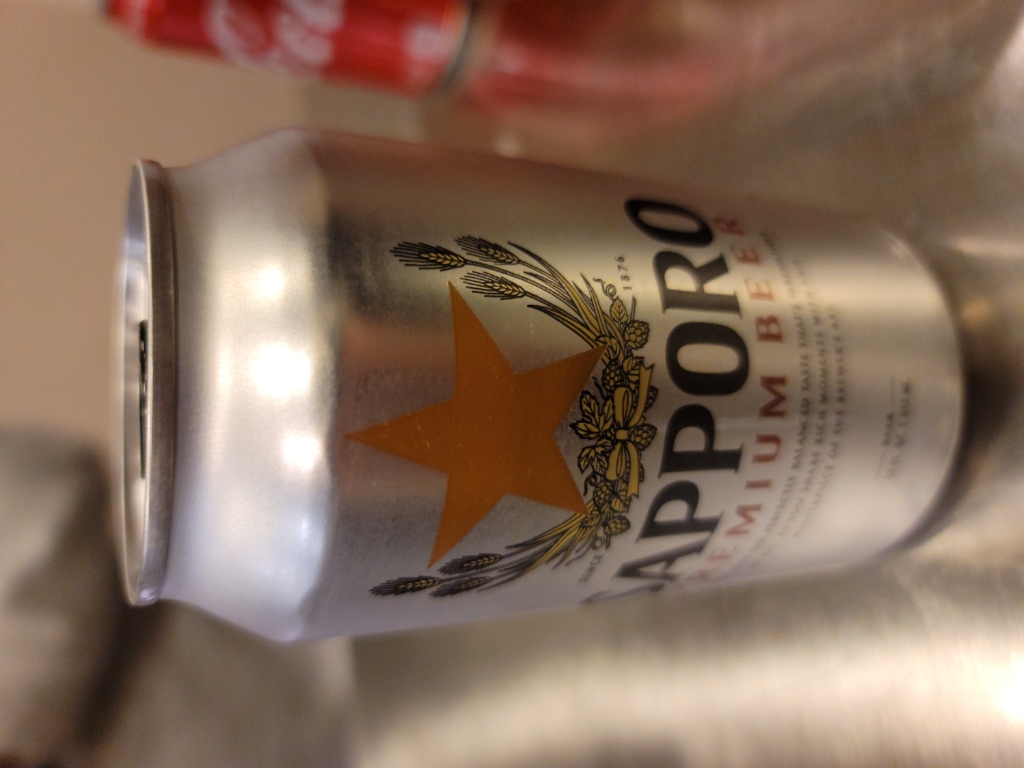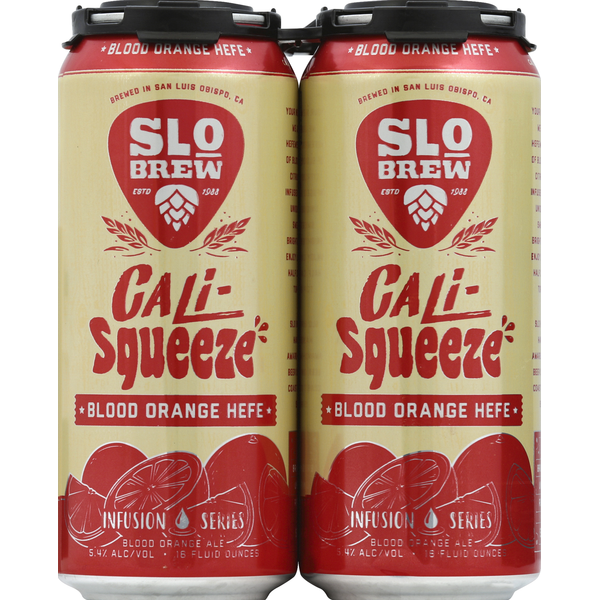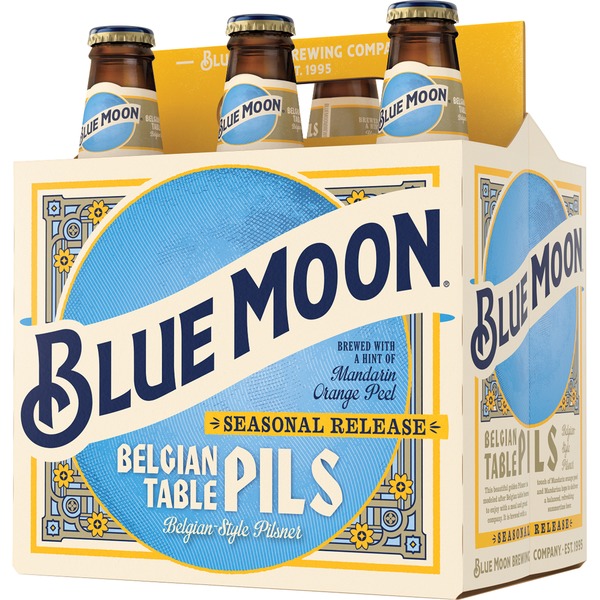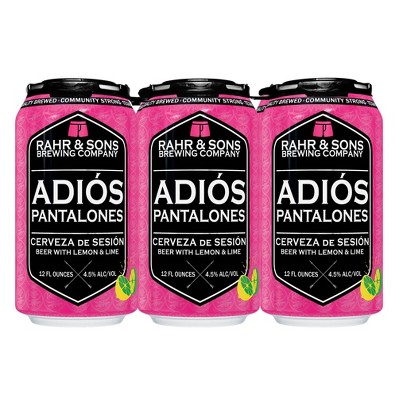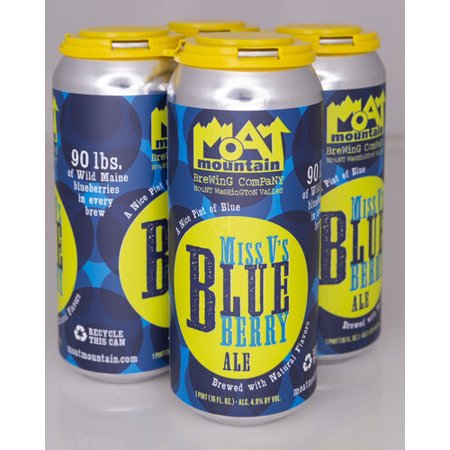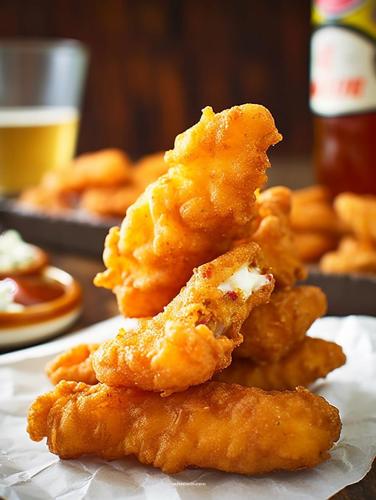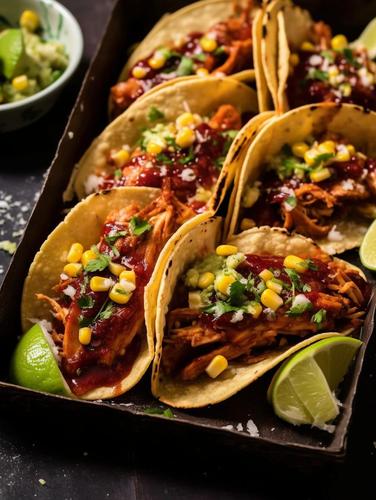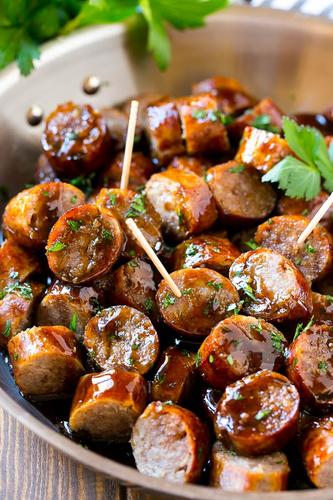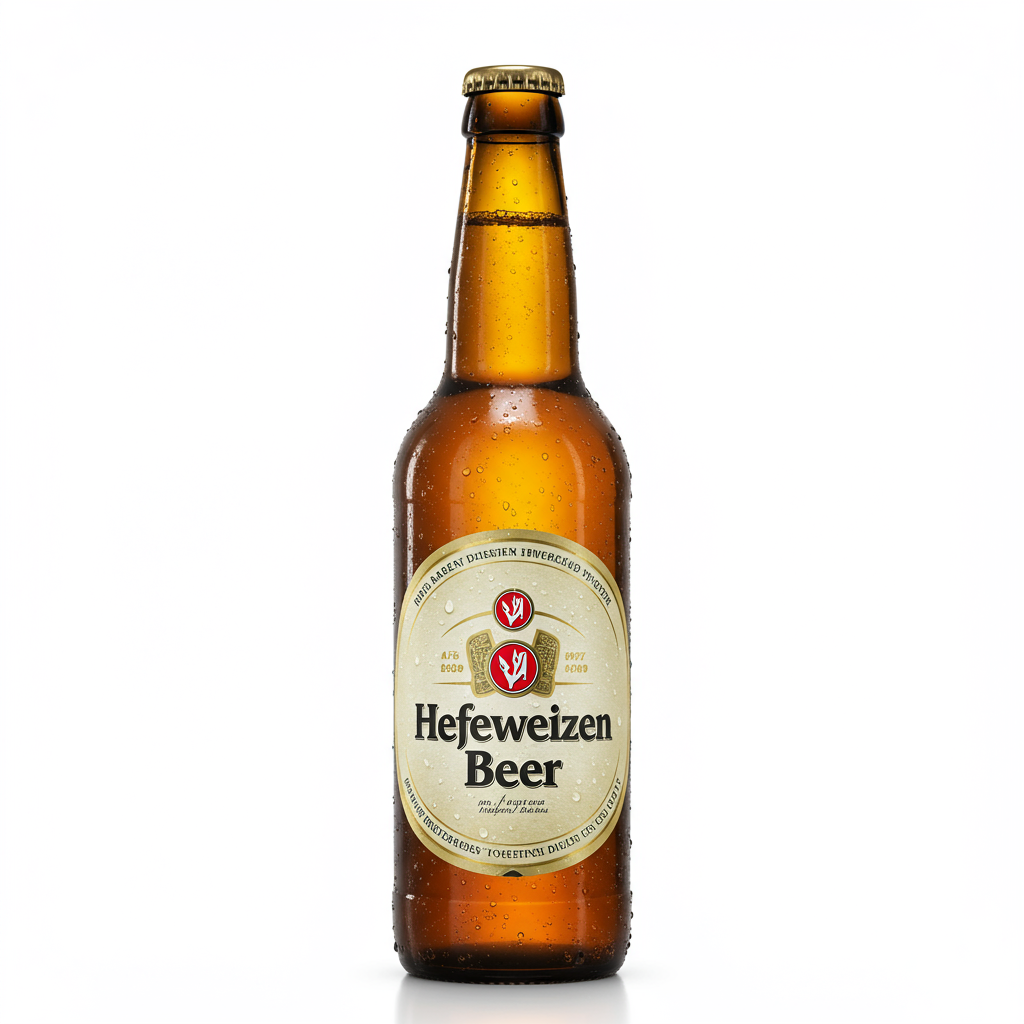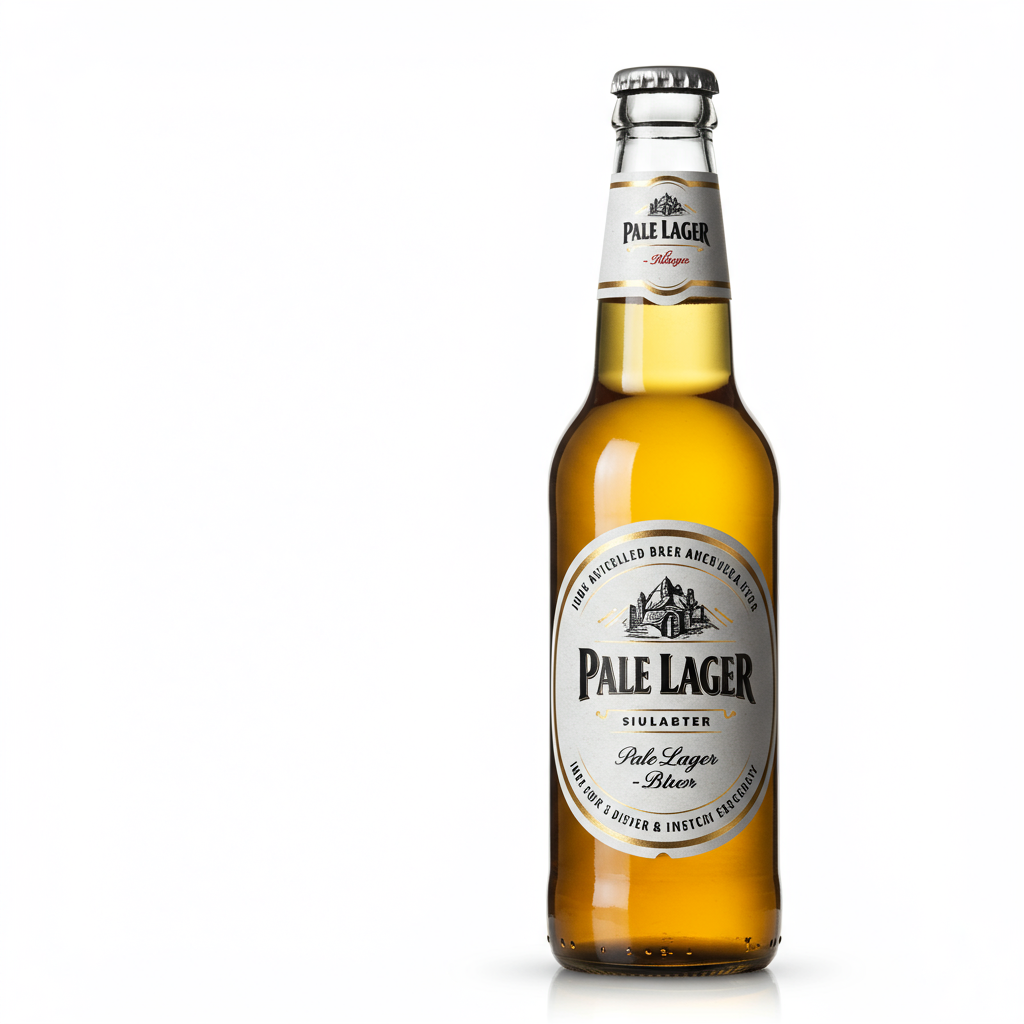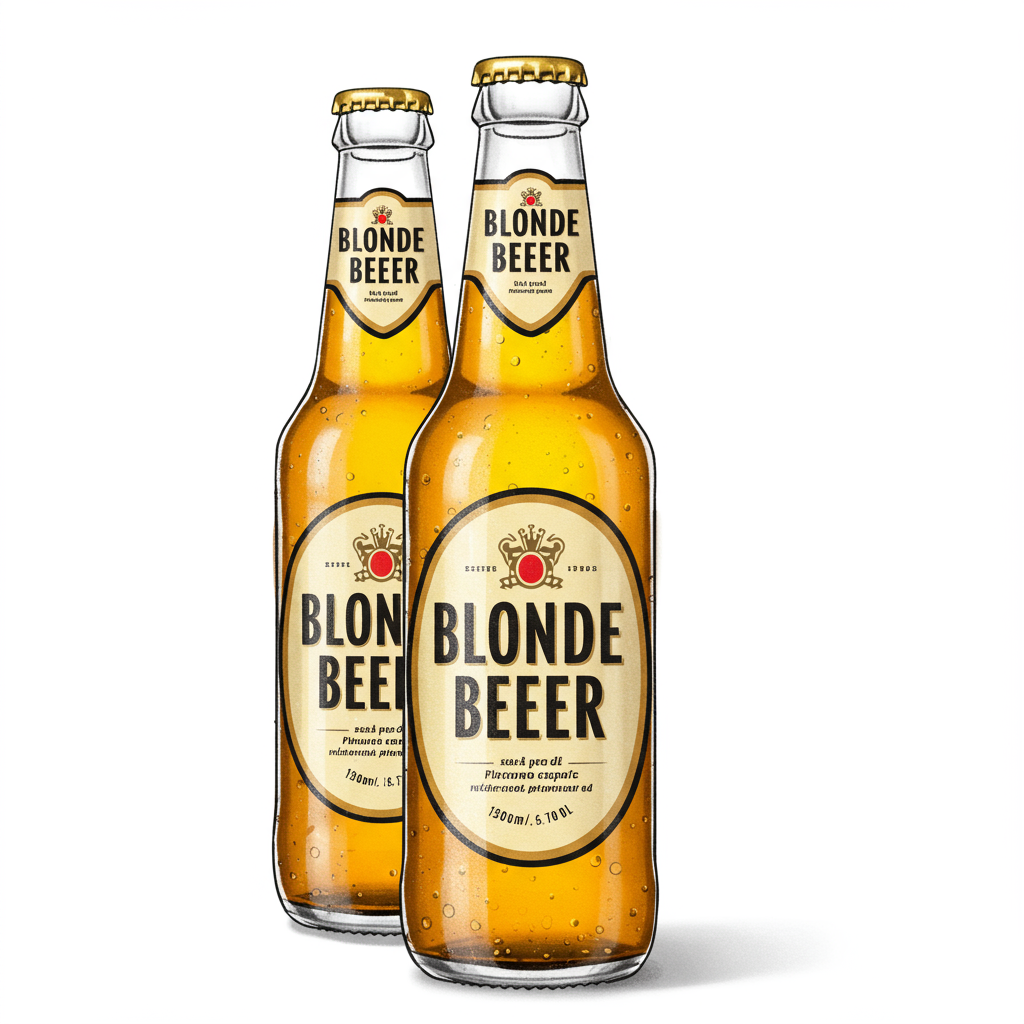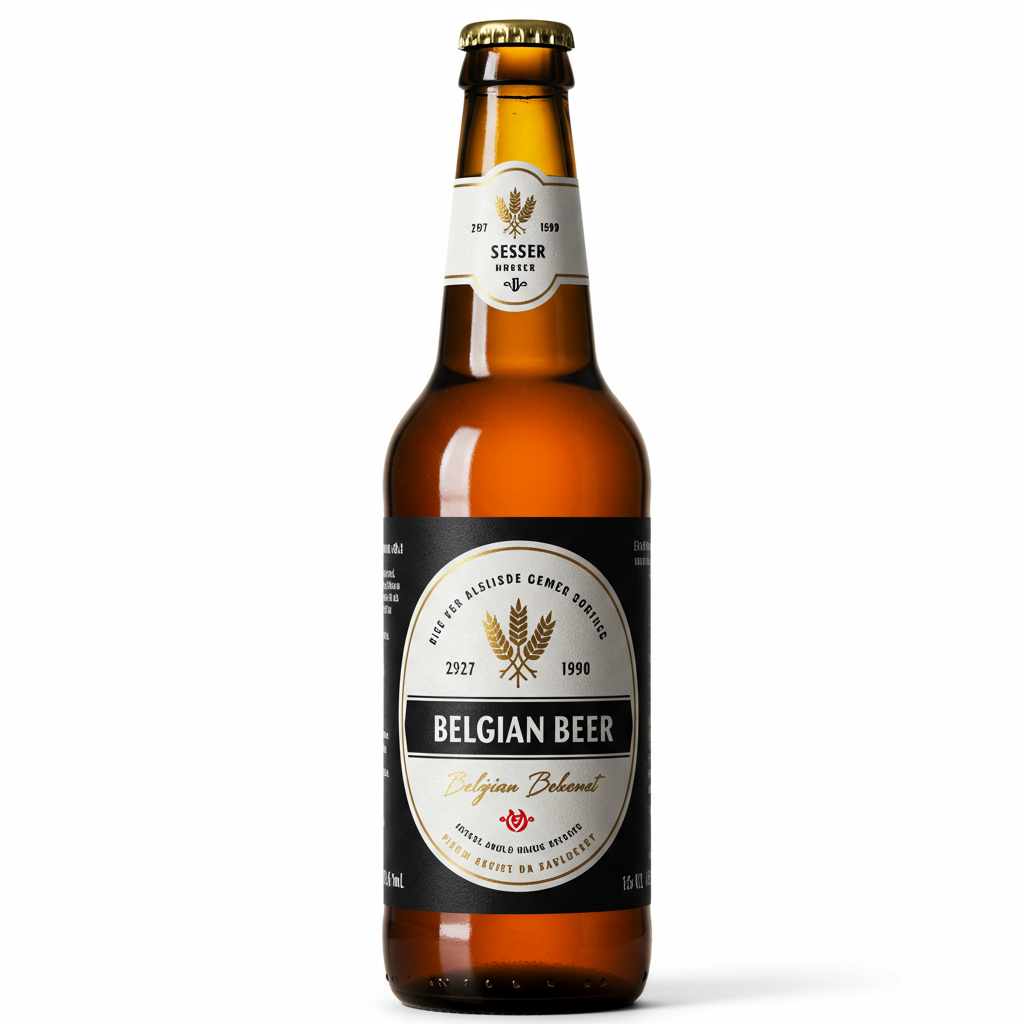BEVERAGES
Beer
Beer is a popular and versatile alcoholic beverage made from fermented grains, primarily barley, and flavored with hops. This cherished drink has been enjoyed for centuries across numerous cultures and its production process has evolved over time to create a wide variety of styles. From lighter lagers to rich, dark stouts, beer boasts diverse flavors, aromas, and characteristics that are appreciated and enjoyed all around the world.
In addition to being consumed as a refreshing beverage, beer can also be incorporated as an ingredient in cooking, adding depth and flavor to various dishes. It is used in batter to create a flavorful, airy crust for fried foods, and can be utilized in marinades, stews, and even baked goods for added complexity. Beer also makes a great companion to cheese, charcuterie, and other gastronomic pairings, elevating the taste and enjoyment of meals shared with family and friends.
89%
CARBS
0%
FAT
11%
PROTEIN
4,610 Beer Products
Fonta Flora Brewery Mimosa City Beer
Rainier, Domestic Lager, 18 Pack
Microbreweries Martin House Bestmaid Pickle Beer 6/12C
Sierra Nevada Seasonal Beer
Twang Beer Salt Pickle Flavor Longneck Bottle
Premium Beer
Slo Brew Beer, Cali-Squeeze, Blood Orange, HEFE
Blue Moon Seasonal Beer
Rahr & Sons Adios Pantalones Beer - 6pk
Beer 30 Moat Mntn Miss Vs Blbry Ale 4/16c
Used In 66 Recipes
4
Golden Delight Beer-Battered Fish
2
Pretzel Pub Burger Extravaganza
1
Crispy Ocean Delight Fish and Chips
1
Smokey Chipotle BBQ Chicken Tacos with Creamy Corn Avocado Salsa
2
Rustic Rodeo Spaghetti
2
Flavor-Loaded Jalapeño Cheddar Beer Bread
10
Onion Rings Recipe
53
Beer Brat Bites
Beer Is Frequently Used With
Beer FAQ
Cooking with beer can be a fun and flavourful adventure. The diversity in beer types - from lagers to ales, stouts to wheat beers - can vastly impact the taste and texture of your dish. It introduces a complexity and depth of flavour to different recipes that is hard to mimic with any other ingredient. Beer can be used in gourmet recipes like marinades, stews or adding a nice twist to a simple batter for frying. However, you need to be careful as different beers interact differently with heat and other ingredients.
One common mistake people do is to add too much beer which can overpower other delicate flavours in your recipe. Another common error is using a beer that has too strong a flavour for a particular dish, or wasting a really high quality craft beer in a dish where its nuances would be lost.
To get the most out of cooking with beer, start by using lighter beers for delicate dishes like seafood, chicken or light sauces. Darker beers, like stout or porter, are better suited for hearty, robust dishes like stews or roasts. Remember to add beer gradually and taste as you go. Add beer at the beginning of your cooking so that alcohol has time to evaporate, leaving only flavour.
Little known tips are using beer as a meat tenderiser in marinades. You can even use it to steam shellfish like mussels or clams instead of using water.
Can I replace water with beer in a recipe?
What type of beer should be used in cooking?
Can children eat food cooked with beer?
Will the dish taste like beer if I cook with it?
Can beer be used in baking?
Do I have to adjust the temperature when cooking with beer?
Can I use stale beer in cooking?
Can beer be used in a marinade?
If I don't have any beer, what can I substitute it with?
Does beer make food salty?
Expiration & Storage Tips
When does beer expire?
Beer, like other beverages, has a shelf life that can vary depending on the type. Unopened, most commercially produced beers should last between 6-9 months past the printed best before date if stored ideally in a cool, dark place. Once opened, it's best to consume it within 1-2 days and always keep it refrigerated - as beer goes flat once it has lost its carbonation. Homemade beer is typically good for 6-8 weeks, although, aging might improve the taste. Freezing beer isn't a common household practice. Freezing could affect the carbonation and quality of the beer once defrosted.
How do you tell if beer is bad?
To check if your beer has gone bad, look out for these signs: a sharp skunky or sour smell, a thicker consistency or visible cloudiness, or an off-taste. The beer might taste stale or sour or maybe too bitter than usual. If you observe any of these, it's safe to assume your beer isn't good to consume.
Tips for storing beer to extend shelf life
• Always store beer upright - this position minimizes the beer's exposure to air and slows down the oxidation process.
• Keep it cool - storing beer at a temperature between 45 and 55 degrees Fahrenheit will help to preserve its freshness for a longer period.
• Avoid exposure to heat and light - these two factors can significantly alter the taste and quality of the beer, as heat can speed up aging and light can cause 'lightstruck' or 'skunked' beer.
EXPIRES WITHIN
10 - 15
MONTHS
Equivalents
Substitutes

Amber Beer

Ipa Beer

Jamaican Lager Beer

Saison Beer

Breakfast Stout Beer

Double Ipa Beer

Strong Ale Beer
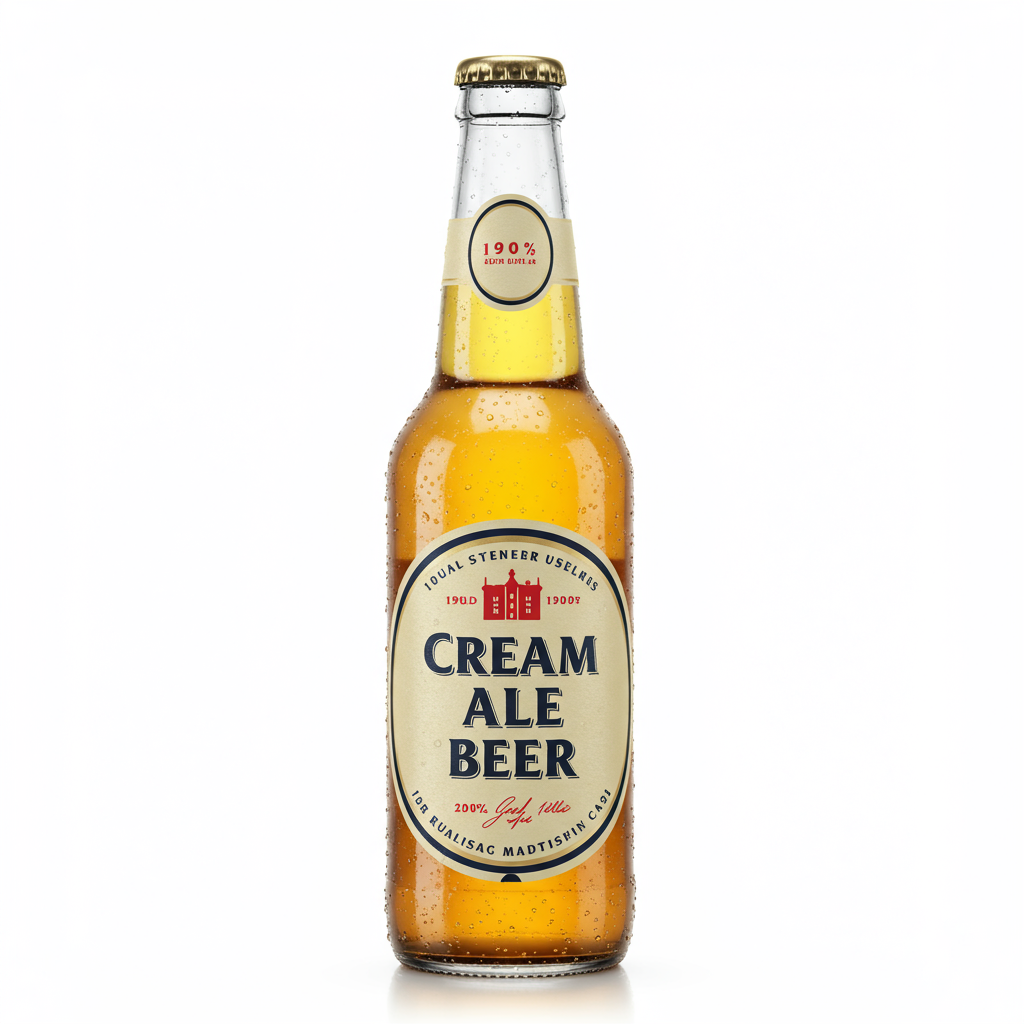
Cream Ale Beer

Lime Lager Beer

Gluten Free Beer
See All
Health Info
Macros
11g
CARBS
0g
FAT
1g
PROTEIN
Allowed on these diets
LOW FAT
HIGH CALCIUM
VEGETARIAN
VEGAN
LACTOSE FREE
Contains these allergens
WHEAT

